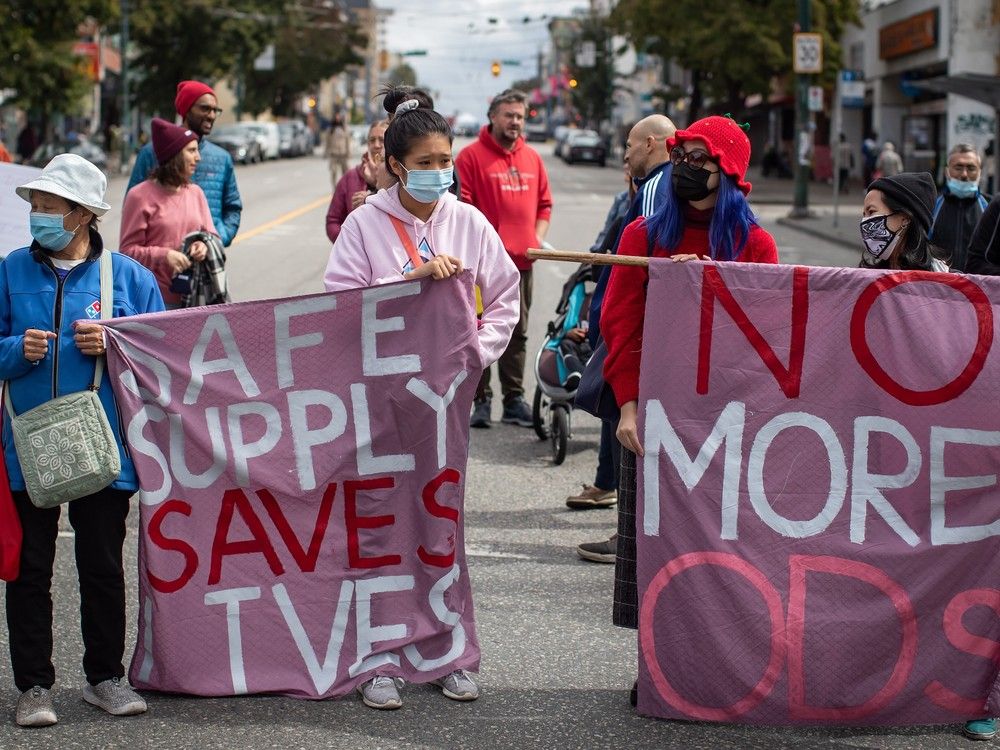- cross-posted to:
- news@lemmy.world
- cross-posted to:
- news@lemmy.world
cross-posted from: https://lemmy.ca/post/16062938
cross-posted from: https://lemmy.ca/post/16062930
Substance-users who got drugs vetted for fatal contaminants from a now-closed compassion club significantly reduced their overdose rates, keeping them alive during the fatal drug overdose crisis, says a University of B.C. professor involved in newly released research.
The findings, published Thursday in an international drug-policy research journal, tracked 47 participants of a compassion club run by the Drug User Liberation Front (DULF), which received Vancouver Coastal Health funding to test drugs in a University of Victoria lab before selling them to members in a Downtown Eastside storefront in Vancouver



Substance-abuse pales in comparison to death. I don’t care if people are addicted to substances as long as they continue to live they have an opportunity to quit.
The government isn’t saying that. The government is saying there isn’t money to expand the programs. This is primarily political because people on the right have attacked evidence-based addiction treatment.
More deaths. Either that, or expand safe supply which as previously noted has political opposition from the right. Conservatives are playing politics with peoples lives.
If you want to prevent deaths due to toxic drugs, the obvious answer is to provide non-toxic drugs. You have no control over whether or not people use drugs. The only thing you can do with 100% certainty is provide clean safe drugs.
Show proof that opioids is less likely.
Not if the other nine are dead, right?
Safe supply and harm reduction. Clean, safe drugs including stimulant would cost very little. In addition the money saved from policing, courts, incarceration plus reduced burden on paramedics and others in healthcare means that even after the government provided safe supply they would still be saving money.
Ironically the right wing libertarian Cato institute believes the same thing. https://www.cato.org/commentary/economic-moral-case-legalizing-cocaine-heroin#
As I previously explained, this is political. The NDP is worried about right wing backlash in the approach to an election. Instead of doing the right thing, they have caved to political pressure.